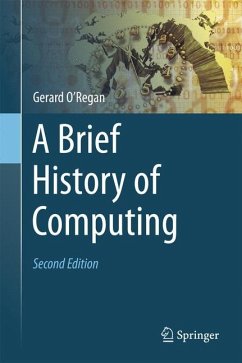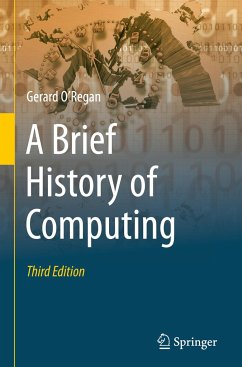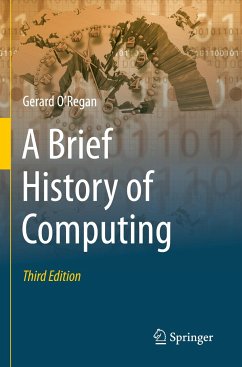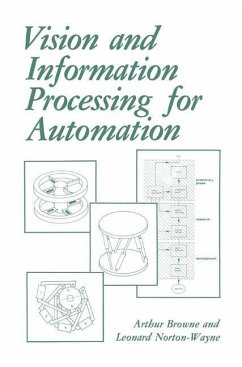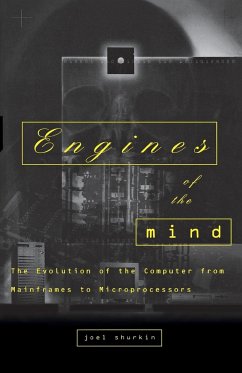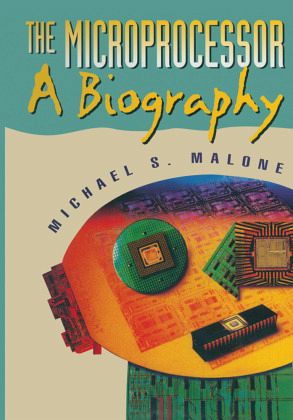
The Microprocessor
A Biography
Versandkostenfrei!
Versandfertig in 6-10 Tagen
35,99 €
inkl. MwSt.

PAYBACK Punkte
18 °P sammeln!
This book is not what it seems. It appears to be about technology, but it is really about people. It looks like a history book, but it is really an adventure story. Even its title is an oxymoron. These ambiguities are intentional, the paradoxes planned. The micro processor is not only a supremely important invention, but also a Rosetta Stone of our culture. To see how a microprocessor is made is to understand our cur rent limits of technology; to understand how it works is to appreciate the present sophistication of engineering; and to know how it is used is to discern the underlying social fo...
This book is not what it seems. It appears to be about technology, but it is really about people. It looks like a history book, but it is really an adventure story. Even its title is an oxymoron. These ambiguities are intentional, the paradoxes planned. The micro processor is not only a supremely important invention, but also a Rosetta Stone of our culture. To see how a microprocessor is made is to understand our cur rent limits of technology; to understand how it works is to appreciate the present sophistication of engineering; and to know how it is used is to discern the underlying social forces that are transforming our world. Even the events surrounding the microprocessor industry-the new marketing techniques, the litigation, the business partnerships-regularly set precedents that are soon followed by other industries. Thus the microprocessor, more than any other product, decodes and defines modern life. That's why understanding the microprocessor from every perspective is vitally important for all of us. And that is why The Microprocessor: A Biography was not written for a select audience, but for every audience-and especially for the general reader. If, as I believe, the microprocessor will define our lives for at least the next generation, if it has the potential for both great good and great evil, then for our own sake we need to know about the microprocessor in order to maintain control over it.



